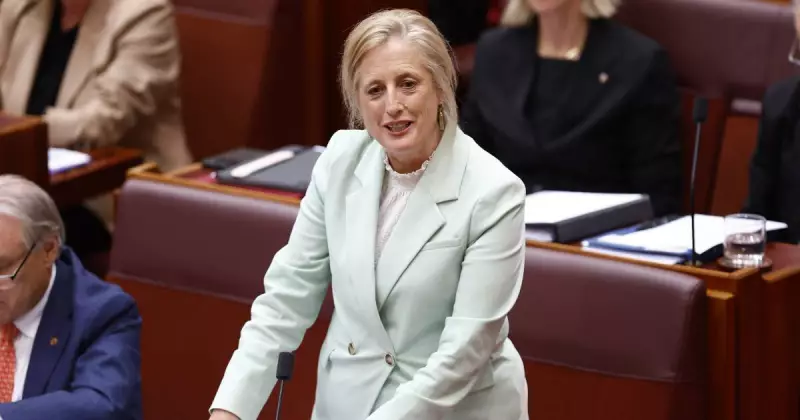
Public Service Staffing Costs Skyrocket Amid Efficiency Drive
Staffing expenses across the Australian Public Service have surged dramatically under the Albanese government, reaching unprecedented levels as departments face pressure to identify significant savings. New analysis reveals employee-related costs across 16 departments and two major agencies have exceeded $18 billion this financial year, driven largely by enterprise bargaining wage increases.
Departments Recording Largest Increases
The Department of Social Services experienced the most substantial rise, with costs jumping 20 per cent from $390 million in 2023-24 to over $470 million in 2024-25. Close behind were the Department of Agriculture, Fisheries and Forestry with a 19 per cent increase and the Department of Health, Disability and Ageing with an 18 per cent rise. These figures encompass wages, salaries, redundancies, leave provisions and other employee entitlements.
Supporting these cost increases, the Australian Public Service Commission's latest State of the Service report confirmed the number of public servants has reached a record 198,529 employees nationwide.
Government's Efficiency Directive
The Finance Department has formally requested agency heads to identify savings of up to 5 per cent from their budgets. Finance and Public Service Minister Katy Gallagher emphasized this week that this initiative represents "not an exercise in job reductions" but rather a reassessment of departmental priorities.
"What we are saying is we want to make sure that every dollar that you're getting through your budget is being used on those priorities for your department and meeting some of the pressures that you might have," Senator Gallagher told the ABC on Thursday.
She further explained that the government cannot continue adding new responsibilities to the public service without corresponding budget increases, stating "we can't keep layering into the public service every time we do something new [and] we have to provide more and more money for it."
Economist Warns Job Cuts Inevitable
Prominent economist Chris Richardson contends that workforce reductions will become unavoidable for agencies to remain within budget constraints, particularly after enterprise bargaining agreements locked in substantial pay rises across the service.
"Follow the money," Richardson stated, referencing the famous line from All the President's Men. "The logic is pretty inescapable. If we're sure wages are going to go up, and if the government achieves its budget then that means employment has to go down."
While the exact number of potential job losses remains unclear, Richardson noted that Treasury and Finance departments are attempting to control the significant spending increase. He also revealed that agency heads are seeking guidance from ministers about how to maintain service delivery while achieving required savings.
The current APS-wide enterprise bargaining agreements guarantee annual wage increases starting with 4 per cent from March 2024, followed by 3.8 per cent in 2025 and 3.4 per cent in 2026. Senator Gallagher previously denied allegations that the government created a $7.4 billion funding shortfall by not properly budgeting for these pay rises, maintaining they were adequately factored into agency budgets.





